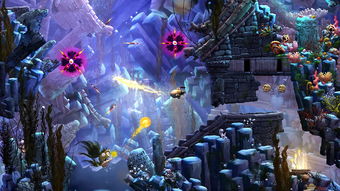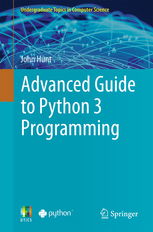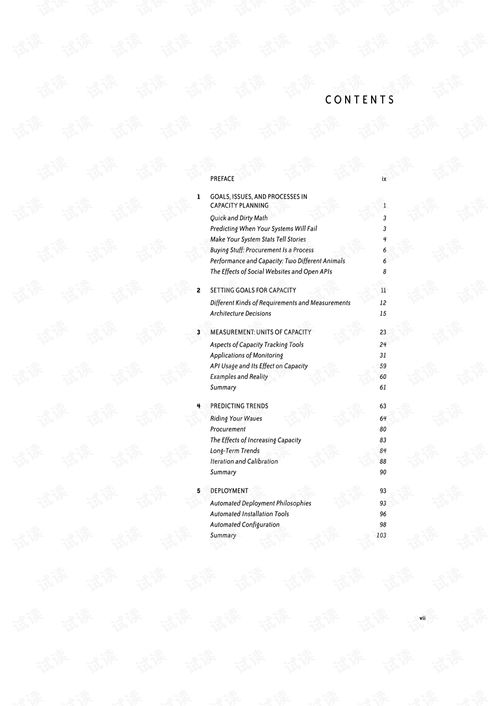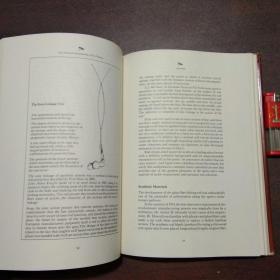Content:
Introduction: Fishing is a timeless hobby that offers relaxation, excitement, and a chance to connect with nature. Whether you are a beginner or looking to improve your skills, learning the basics of fishing can be both rewarding and enjoyable. In this article, we will provide you with essential tips and techniques to help you become a skilled angler and make the most out of your fishing adventures.
Choose the Right Equipment: Before you start fishing, it is crucial to have the right equipment. Here are some essential items to consider:
a. Rod and Reel: Select a rod and reel that match your fishing style and the type of fish you want to catch. A lightweight rod and reel are suitable for beginners.
b. Line: Use a monofilament line for beginners, as it is less likely to snap under pressure. Choose a line with a breaking strength that matches the fish you are targeting.
c. Lures and Baits: Experiment with different lures and baits to see what works best for the fish you are targeting. Live bait, artificial lures, and natural baits are all viable options.
d. Tackle Box: A tackle box is essential for storing your fishing gear. Keep essential items like hooks, sinkers, swivels, and pliers within reach.

Learn the Basics of Casting: Casting is a fundamental skill that every angler must master. Here are some tips to improve your casting technique:
a. Hold the Rod: Grip the rod with a comfortable, yet firm, handshake. Keep your wrist relaxed and let the rod do the work.
b. Backcast: Begin by lifting the rod tip back, then let the line out until it reaches the water. The goal is to create a loop in the line.
c. Forward Cast: Bring the rod tip forward and let the line follow through. The loop should be tight and the line should land on the water smoothly.
d. Practice: Practice casting in a wide open area to get a feel for the technique. As you become more comfortable, try casting in different directions and distances.
Understand Fish Behavior: To be a successful angler, it is essential to understand the behavior of the fish you are targeting. Here are some tips to help you:
a. Research: Learn about the habits, preferences, and migration patterns of the fish you want to catch. This information will help you choose the right bait and fishing spots.
b. Seasonal Changes: Fish behavior can change with the seasons. Adapt your tactics accordingly to increase your chances of success.
c. Water Conditions: Pay attention to water conditions such as temperature, clarity, and flow. Fish may be more active or less active depending on these factors.
Develop Patience and Observation Skills: Fishing requires patience and observation. Here are some tips to help you improve these skills:
a. Spend Time Observing: Spend time at the fishing spot and observe the behavior of the fish. This will help you understand their habits and preferences.
b. Be Patient: Fishing can be a waiting game. Stay patient and wait for the right moment to cast or change your bait.
c. Adjust Your Tactics: If you are not having success, be willing to adjust your tactics. This may involve changing your bait, fishing location, or technique.
Practice Catch and Release: As responsible anglers, it is crucial to practice catch and release to ensure the sustainability of fish populations. Here are some tips for successful catch and release:
a. Use the Right Gear: Use lightweight gear to minimize stress on the fish.
b. Keep the Fish in the Water: Keep the fish in the water as much as possible to avoid unnecessary stress.
c. Handle with Care: Use a net or a gentle grip to handle the fish. Avoid touching their eyes, gills, and fins.
Conclusion: Fishing is a rewarding hobby that can be enjoyed by anglers of all skill levels. By following these essential tips and techniques, you will be well on your way to becoming a skilled angler. Remember to practice patience, observation, and responsible fishing practices to ensure a successful and enjoyable fishing experience. Happy fishing!












